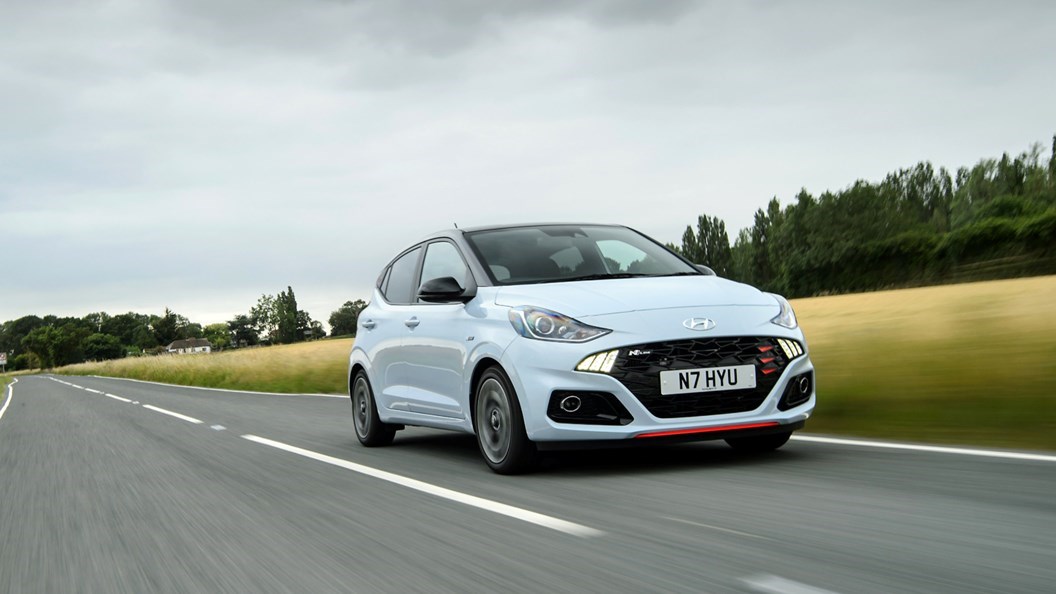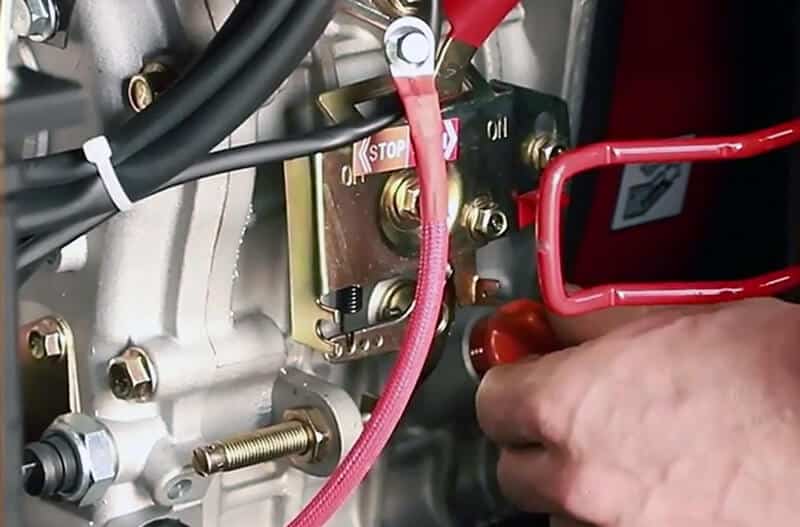What Is the Ideal Car for First-Time Drivers?

Getting Started on the Road
Passing your driving test is a massive achievement—but choosing your first car is the next big milestone. For many new drivers, the decision comes down to more than just looks. Affordability, insurance, reliability, and running costs all play a major part in deciding what makes an ideal first car. It’s a balance of practicality and excitement, and the UK car market has plenty of options that tick the right boxes.
Whether you’re a college student, an apprentice, or someone who’s simply taken the plunge into driving later in life, the goal is usually the same: a car that’s easy to drive, cheap to run, and unlikely to land you with hefty repair bills. Safety is also key, with newer drivers often preferring models with good crash test ratings and smart assistance features.
Why Smaller Is Often Better
Small hatchbacks have long been the go-to for first-time drivers, and for good reason. They’re easy to manoeuvre, generally cheaper to insure, and don’t burn through fuel like larger vehicles. Their compact size makes them ideal for parking in tight spaces or navigating busy town centres. The simpler mechanics of smaller engines also tend to mean lower repair costs, which is an important consideration when you’re just getting used to owning and maintaining a car.
Manual cars remain the most common choice for new drivers in the UK, though automatics are growing in popularity—especially with the shift towards hybrid and electric models. However, for those looking to build confidence and learn the full driving experience, a petrol-powered manual hatchback is still one of the best places to start.
The Vauxhall Corsa: A Trusted Favourite
Among all the options available, the Vauxhall Corsa continues to be one of the most popular choices for first-time drivers. Known for its affordability and solid build quality, the Corsa combines ease of use with a modern interior and a surprising amount of tech for the price.
The Corsa has become a mainstay on UK roads, thanks to its low insurance group ratings and strong fuel economy. The newer models also offer advanced safety features such as lane assist, traffic sign recognition, and forward collision alert—all of which can be a real comfort to less experienced drivers. These extras not only make the car safer but can help avoid accidents and keep insurance premiums down.
Running costs are another plus. Most recent Corsa models return well over 50mpg on average, and parts are both cheap and widely available. Servicing and repairs tend to be straightforward too, which is something you’ll appreciate if you ever find yourself needing to get back on the road quickly.
Other Worthy Contenders
While the Vauxhall Corsa remains a top choice, there are other small cars that frequently come up in the conversation when choosing a first vehicle. The Ford Fiesta, for example, has been another UK favourite for years. With excellent handling and a well-earned reputation for being fun to drive, it appeals to those who want a little more energy in their first car.
The Volkswagen Polo is another standout, offering a more refined interior and a premium feel while still being reasonably efficient and manageable for new drivers. Although it often carries a higher price tag than a Corsa or Fiesta, many people feel the quality is worth it.
For those considering an alternative to petrol, the electric Renault Zoe has also become a viable option in recent years, especially for city dwellers who don’t cover long distances and want to future-proof their driving habits.
What New Drivers Should Prioritise
When buying your first car, it’s tempting to focus on styling or the latest in-car technology. But it’s wise to look beyond the initial appeal and consider what will make the car practical in the long run. Lower insurance groups are particularly important, as insurance is often the biggest ongoing cost for new drivers.
Reliability is another essential factor. You don’t want your first car experience to be spent waiting for the AA on the side of a motorway. Researching common faults, checking service history, and avoiding heavily modified cars will all help you avoid unnecessary headaches.
Fuel type is also worth thinking about. For most first-time drivers, a petrol engine makes more sense than diesel. Petrol cars tend to be cheaper to buy, quieter to run, and better suited to short trips—exactly the sort of driving a new motorist is likely to do.
Financing Your First Car
Buying a car outright is not always possible, especially for younger drivers. That’s why many choose to finance their car through personal loans or hire purchase agreements. It’s important to shop around and consider the total cost over time, including interest and any additional fees. Some dealerships also offer attractive monthly deals on nearly-new Corsas and similar models, often including warranties and servicing packages which help spread the cost.
Don’t forget to factor in road tax, MOTs, servicing, and the cost of extras like breakdown cover. All these costs soon add up and should be considered when deciding your budget.
Is New or Used the Better Option?
While the dream might be a shiny new car, a used vehicle often makes far more sense for first-time drivers. New cars depreciate rapidly—losing thousands of pounds in value in the first year alone. A used car, particularly one that’s just two or three years old, will still have many modern features, but with a more accessible price tag and far less depreciation to worry about.
If you do decide on a used Vauxhall Corsa, there are plenty of them on the market with low mileage and full service histories. Choosing one with remaining manufacturer warranty or getting a third-party warranty added can provide additional peace of mind.
Learning Doesn’t Stop After the Test
Your driving test may be behind you, but real-world driving brings its own learning curve. The right first car can support that journey. Choosing something like a Vauxhall Corsa helps new drivers build confidence in a car that’s easy to drive, affordable to run, and trusted by millions across the UK.
Every journey is different, but starting with a reliable, practical vehicle will make those early miles safer, cheaper, and more enjoyable. Whether you’re heading to work, taking a road trip, or simply enjoying your newfound independence, picking the right first car sets the tone for years of driving to come.



